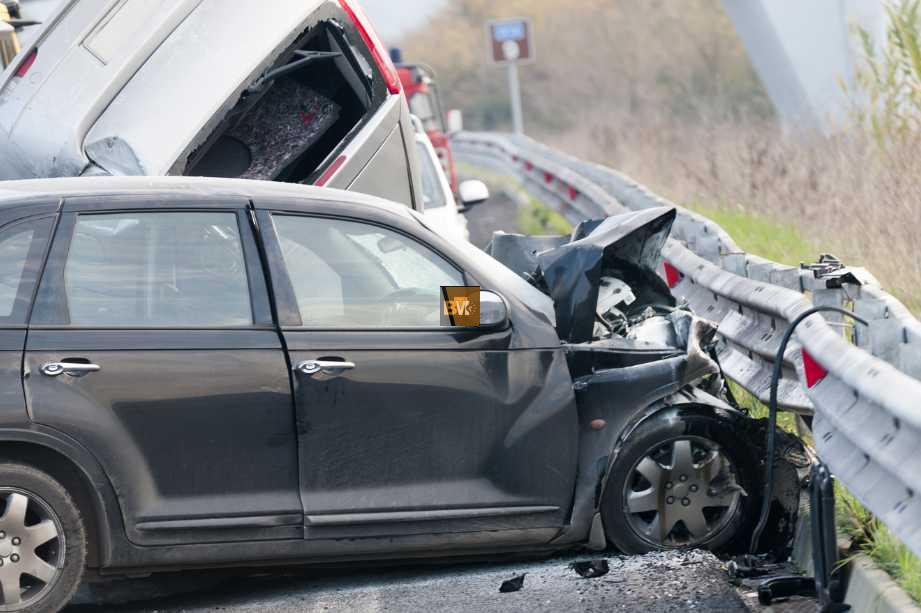Every day in the UK, around eighty people are seriously injured on public roads – and many more suffer minor injuries. For many, the long-term consequences of these injuries can be life-changing. Having a plan in place for recovery, however, can make it easier to get back to normal.
Let’s take a look at a few of the consequences of an accident, and how they can be managed as your life gets back to normal.
Physical Injuries Resulting from Car Accidents
The most obvious negative consequences of a car accident are the physical effects that your body might suffer. These can range in severity, depending on the nature of the crash, and on blind luck. For some, the damage might be limited to relatively minor injuries like whiplash and bruises. For others, severe trauma might result.
If you’ve suffered an injury, your immediate priority should be to seek the appropriate treatment. This should address both the short-term and long-term consequences of the injury. In many cases, physiotherapy might be involved in dealing with the latter. This is most effective when it’s done consistently – which puts the onus on the patient to stick to a schedule of exercises.
Financial Consequences of Road Traffic Collisions
A road traffic accident can also mean that the patient suffers financial harm. If you’re injured in a certain way, for example, then you might be prevented from doing your job and earning a living. Your employer might be required to make reasonable accommodations to make it easier for you to get back to work – but if you’re self-employed, you might have to bear the cost of your injury yourself.
There are also direct costs imposed by your medical treatment. Time that you spend attending hospital appointments cannot be spent working, and hospital parking charges will mount up over time, too.
You might find that you are already insured against injury suffered in a collision. Check your car insurance policy to see whether you can make a claim. You might also seek compensation through the courts, with the help of a reputable solicitor specialising in personal injury.
Emotional and Psychological Aftermath
A road traffic accident can be mentally damaging, especially if the circumstances of the crash are traumatic. You might suffer from PTSD, anxiety, or depression – and these symptoms might return as you get back behind the wheel, or approach the scene of the crash. You might also suffer a loss of self-esteem, especially if you’re rendered unable to work, or your mobility is limited.
Help is available for those dealing with these emotional symptoms, in the form of counselling.
Navigating the Compensation Claim Process
If you do decide to seek compensation, then you’ll need a good solicitor on your side. This professional will help to determine whether your claim has legal merit, and keep you advised as the process unfolds. You might expect a claim of this kind to stretch over many months or years. The more evidence you have of the crash and the circumstances surrounding it, the greater the likelihood of you being awarded compensation.
Support Services and Resources for Accident Victims
There are a number of government organisations and charities that can provide vital services for those recovering after a car accident. These bodies might provide counselling, legal advice, and other forms of support.
Victim Support offers help for those affected by crime and road traffic problems. For those who need help when acting as witnesses, there’s also a service from Citizens’ Advice, which will guide a person through the process.



Leave a Reply